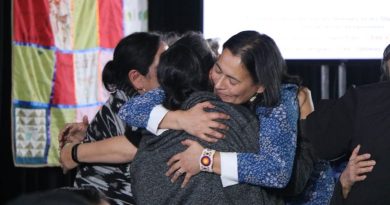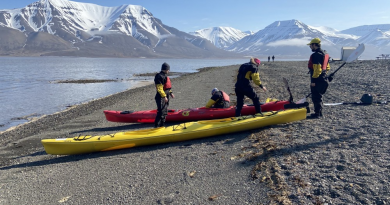Poilievre stresses Arctic defence plans as northern issues surface in election debate
English-language debate:
Simultaneous Inuktut translation [South Baffin dialect]:
Poilievre stresses Arctic defence plans as northern issues surface in election debate
The Arctic ended up a minor focus in Thursday night’s federal leaders’ debate, but Conservative leader Pierre Poilievre took the opportunity to highlight his party’s defence plan for the North, promising to rebuild Canada’s northern security, establish a military base in Iqaluit, and doubling the number of Arctic Rangers.
“We need to rebuild our own Canadian military because the Russians want to make incursions into our waters,” Poilievre said. “We’ll be buying four massive Arctic icebreakers. I’ll be opening the first Arctic base since the Cold War in Canada.”
The comments, the most specific given on Arctic policy in the two-hour event, came as leaders touched on sovereignty, resource development, and the safety in Indigenous communities—issues that were touched on throughout a debate otherwise dominated by affordability, crime, housing and the tariff war with the United States.
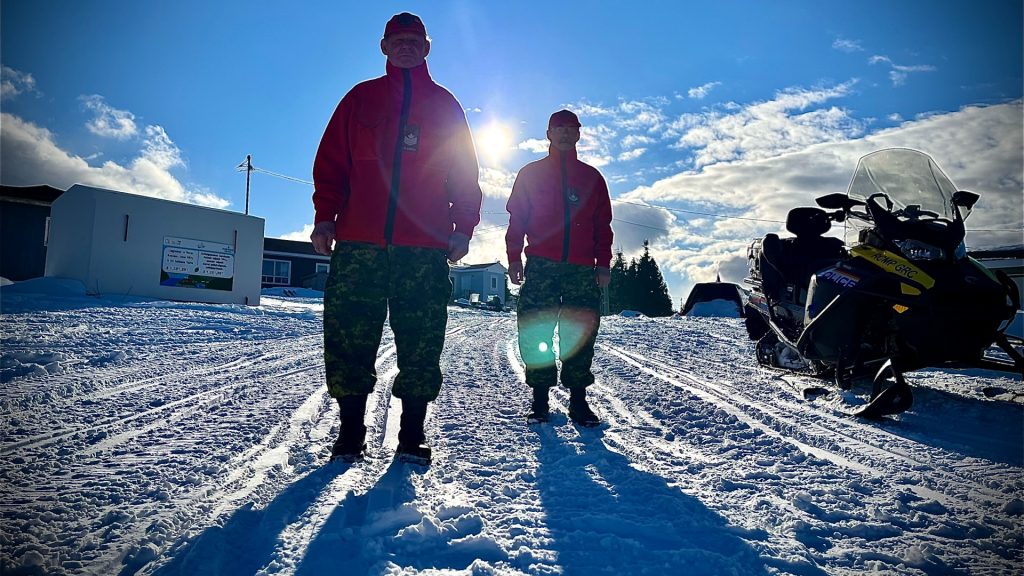
While Poilievre made defence the focus of his northern strategy, NDP leader Jagmeet Singh pledged to reduce reliance on Washington, but was short on specifics.
“When it comes to our Arctic sovereignty and our security, we need to make decisions that are in our best interest,” Singh said early in the debate in response to a question on whether Washington was still a reliable partner in the North.
“That’s what I would advocate for, make sure we are resilient, independent and less dependent on the United States.”
Northern economy, global stakes
The North also featured in discussions on energy and the economy.
Poilievre linked Canada’s untapped resources to global security, accusing the Liberals of blocking projects that could reduce Europe’s reliance on Russian oil and gas, thereby cutting off a key funding source for Russia’s war in Ukraine.
Liberal leader Mark Carney, pointed to northern Canada’s critical minerals as a strategic economic opportunity and climate solution, promising investment in low-emission industries and carbon capture technology.
“There’s an enormous opportunity in Quebec, Ontario, and Northern Canada—across this great nation—when it comes to critical metals and minerals,” Carney said. He described it as both an economic and strategic opportunity for the country, highlighting the region’s potential to power clean technology and strengthen global supply chains.
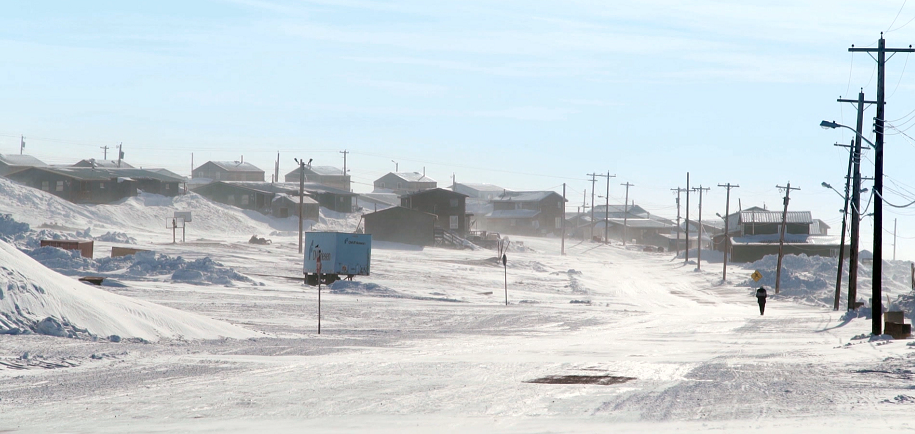
Carney also stressed the importance of involving Indigenous communities from the start in any development on their land, pledging to double the Indigenous loan guarantee program to help these communities invest in such projects.
Singh also emphasized that development should only proceed with the consent of local communities and Indigenous nations, highlighting the importance of Indigenous partnership in resource projects.
Bloc Québécois leader Yves-François Blanchet doubled down on Quebec’s control over its resources, defending the province’s stance on emissions and natural resource management. He stressed that respecting Quebec’s jurisdiction is crucial, warning that any failure to do so could undermine the province’s role as a key player in strengthening Canada’s position on the world stage.
Crime and security
Singh also raised concerns about RCMP conduct in Indigenous and northern communities, linking security to justice and systemic reform.
“In more rural and northern communities there’s been some serious concerns about violence or inappropriate use of force when it comes to the execution of [the RCMP’s] duties,” he said.
Singh emphasized the need for a more community-focused approach in these cases.
“It’s very important for Indigenous communities [to have] Indigenous policing, this is an area of deep concern.”
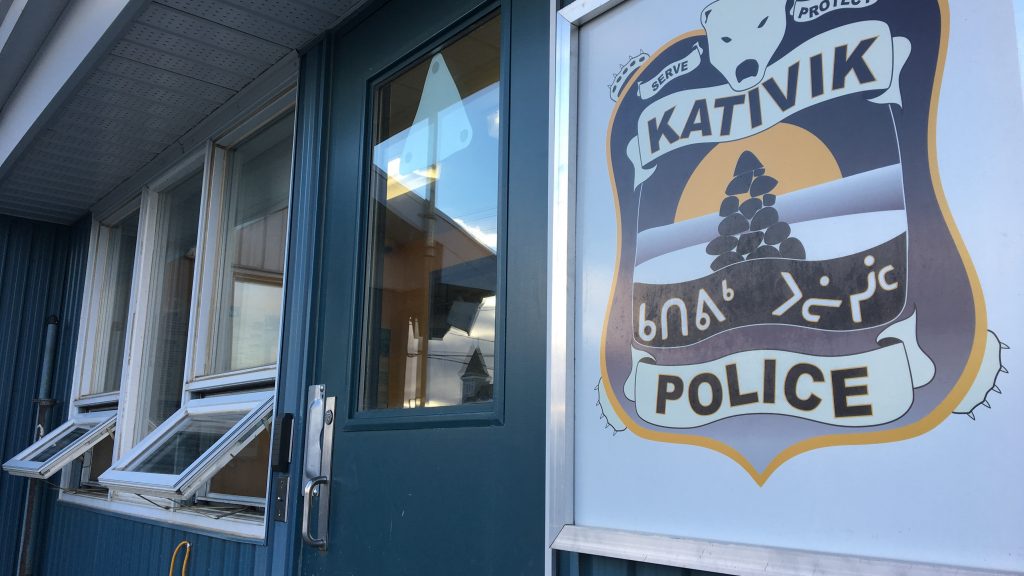
The debate later touched on the overrepresentation of Indigenous people in Canadian prisons.
When asked if the Conservative tough-on-crime platform could exacerbate this issue, Poilievre pointed to Liberal laws, which he argued allowed violent offenders to walk free. He promised to introduce a “three strikes” law and life sentences for fentanyl trafficking.
“I’m concerned that Indigenous people are disproportionately the victims of crime,” he said.
Thursday’s debate was the only one in English, following the French-language debate on April 16.
Canadians will go to the polls on April 28.
Comments, tips or story ideas? Contact Eilís at eilis.quinn(at)cbc.ca
Related stories from around the North:
Canada: Trump, taxes & tariffs dominate election debate, leaving Arctic overlooked, Eye on the Arctic
Greenland: Greenland’s new parliament convenes for first time amid Trump pressure, Thomson Reuters

